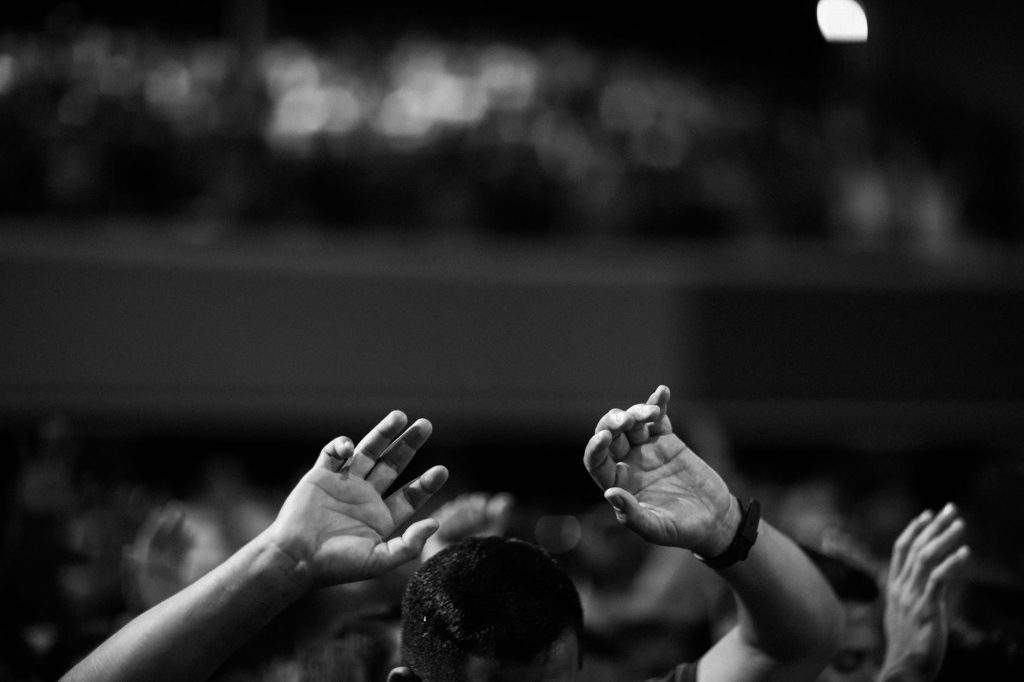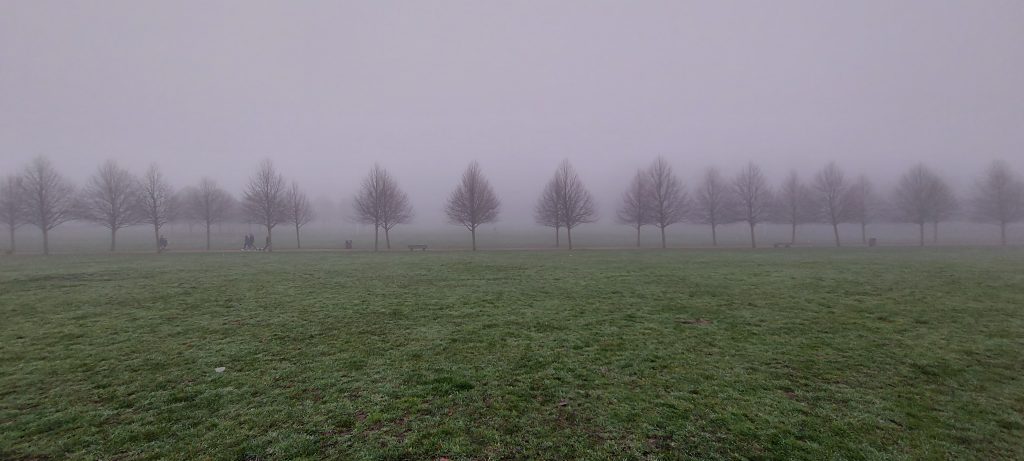It’s different this time around
It’s different this time around. In the first lockdown it was already spring, and the days were warm. Things were hard, but united by a sense of shared sacrifice, it felt that we were all making a difference. A naive confidence that we would be out of it all soon carried us along.
This time around we are wearier, the days are short and cold, and our harmony is under threat.
In the first lockdown many of us embraced the change of pace and celebrated the benefits of working from home. Home-schooling our children has lost its appeal and February half term seems ages away. And the new variant has increased our concern.
Of course, there is good news among the bad. Hospitals may be full to bursting, but the vaccine effort is remarkable and brings hope for a way out and safety for our loved ones. We will be returning to work, to worship, to gathering, to our families sometime soon.
The wilderness training ground
Just before Jesus started his ministry, he was deliberately led into the desert by the Holy Spirit. It was his training ground.
I doubt Jesus enjoyed it. He was hungry and thirsty. He came to the edge of himself. He was alone.
And in the wilderness, the enemy came to him urging him to act, to end it all, to exert his power. “If you are the Son of God, turn these stones into bread.”
Unlike the newly liberated people of God, Jesus passed the test quoting Deuteronomy 8:3 – “man shall not live on bread alone…”
Here is the whole passage…
Be careful to follow every command I am giving you today, so that you may live and increase and may enter and possess the land that the Lord promised on oath to your ancestors. 2 Remember how the Lord your God led you all the way in the wilderness these forty years, to humble and test you in order to know what was in your heart, whether or not you would keep his commands. 3 He humbled you, causing you to hunger and then feeding you with manna, which neither you nor your ancestors had known, to teach you that man does not live on bread alone but on every word that comes from the mouth of the Lord. 4 Your clothes did not wear out and your feet did not swell during these forty years. 5 Know then in your heart that as a man disciplines his son, so the Lord your God disciplines you.
Deuteronomy 8
Verse 3 amplifies the meaning of the wilderness years – the training of humility, of dependence, of trust. As for Jesus, it was a period of discipline, or training.
Say it to God
I stumbled across this passage yesterday while reading a book on prayer before sleep – Say it to God: In Search of Prayer by Luigi Gioia – in a chapter called ‘Overcoming Suspicion’. It spoke to me, resonating with our lived experience right now – the ‘wilderness’ feeling and the suspicion that knocks at the door of our hearts more often than we’d like to admit. Just like God’s people before us, our trust in God is being tested.
Suspicion can creep up on us. And so it’s important to ask what is really in my heart? Is God’s word my deepest desire?
The last year has stripped so much away from us. Our bread has been taken away from us and we have been brought to the end of ourselves. And so perhaps, we are being taught one of life’s most crucial lessons once again. Man does not live on bread alone but on every word that comes from the mouth of the Lord.
A lesson from the trees
They say that the most important lessons in life are learned in the hardest of times, and even if this is true, it also regrettable. Why are the good times less productive than the bad? Why is trouble and challenge so vital for growth?
As a child I was taught to work out the age of a felled tree by counting the rings of light and dark circling around its core. One for each year. I noticed that they were different thicknesses. I was told that the dry years were thin, and the good years were wide.
So, you’d think that the strongest trees were the widest, the ones where the rings were thickest apart. But I’m reliably told that it’s not like this. The strongest trees are those who have both thick and thin rings – good and dry years. But it is the thin rings that strengthen the tree most. They are the years that make the tree resilient.
A prayer
Dear God, speak. I am listening. I am hungry. I am poor in Spirit. Feed me with your words that can nourish me most deeply. Bless me with your word, your presence, your hope, your life. I am hungry for you.
This wilderness is hard and long and dry. Use it to train me. Use it to strengthen me. Use it to make me more resilient.
Amen



